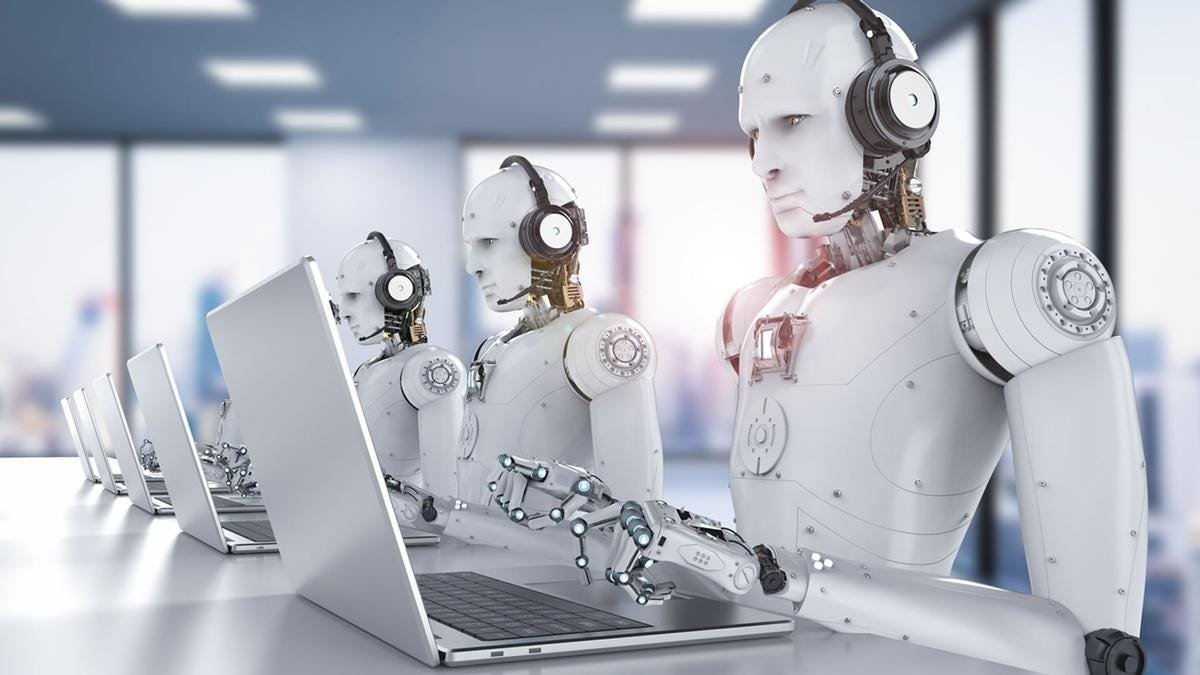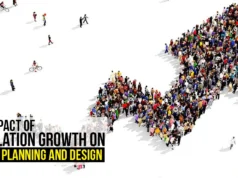Automation is reshaping the job market in ways not seen since the Industrial Revolution. With machines, algorithms, and artificial intelligence taking over repetitive tasks, industries worldwide are undergoing significant transformation.

Manufacturing was the first sector to feel the impact, with robots replacing human labor on assembly lines. Today, automation extends far beyond factories, influencing sectors like banking, logistics, healthcare, and even journalism. Tasks such as data analysis, customer service, and scheduling can now be performed faster and more accurately by AI systems.
While this shift raises concerns about job losses, experts argue that automation also creates opportunities. New roles are emerging in technology development, system maintenance, and creative industries. The challenge lies in retraining workers and equipping them with skills that align with the digital economy.
Governments and educational institutions are investing in reskilling initiatives, preparing future generations for careers that require problem-solving, creativity, and emotional intelligence—skills that machines cannot easily replicate.
The future of work will likely be a hybrid environment where humans and machines collaborate. Rather than replacing workers entirely, automation can reduce mundane tasks, allowing people to focus on innovation and meaningful work.



